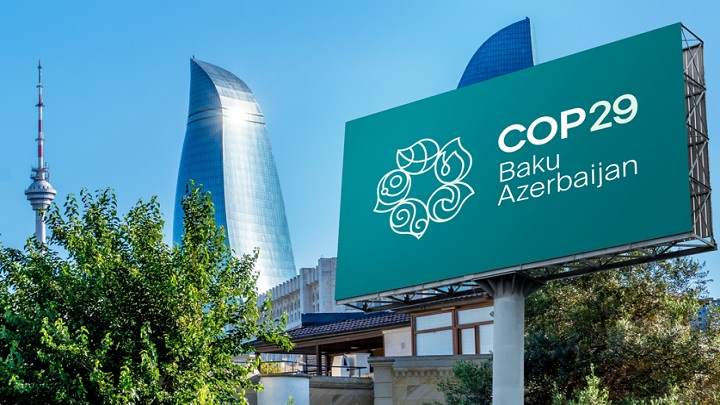The atlas of the world’s non-extractable fossil fuels at COP29
“In Solidarity for a Green World” is the theme of the upcoming United Nations Climate Change Conference (COP29), a high-level international summit that will take place from 11-22 November in Baku, the capital of Azerbaijan, to enhance collaboration between countries to facilitate the path towards energy transition and the fight against climate change. This global summit, which represents a crucial opportunity to accelerate action to tackle the climate crisis, involves a team of specialists led by Professor Martí Orta-Martínez, from the Faculty of Biology and the Institute for Research on Biodiversity (IRBio) at the University of Barcelona, and with the participation of experts Guillem Rius-Taberner, Alejandro Marcos and Gorka Muñoa (UB, IRBio).
The atlas of the world's non-extractable fossil fuels in the world
Extreme weather events are becoming more frequent, intense and destructive, and strong action is needed to mitigate climate change. COP29, chaired by Mukhtar Babayev, Minister of Ecology and Natural Resources of the Republic of Azerbaijan, will be the international focal point to urgently address climate change priorities and to bring together common agreements and commitments on environmental and climate action across the globe.
In this context of climate emergency, the UB team is the author of a study (Nature Communications, 2024) that presented the atlas of non-extractable fossil fuels in the world.
| The atlas the world's non-extractable fossil fuels is a global map designed with environmental and social criteria that warns about which resources should not be exploited around the world in order to meet the commitments of the Paris Agreement, signed in 2015 to mitigate the effects of climate change. |
Thus, in order not to exceed global warming of 1.5°C, exploration for new fossil fuel deposits should be completely halted, the granting of new fossil fuel extraction licences should be halted, and a very significant share (75%) of oil, gas and coal extraction projects currently in production or already developed should be shut down prematurely.
In the framework of COP29, on 21 November, members of the Extractive Industries, Planetary Health and Environmental Justice group of the UB will lead the parallel session “Supply-side climate policies: The atlas of unburnable fossil fuels to yasunize the world!”, which will be the framework for the presentation of the global atlas to guide decarbonisation policies. Participants will include Martí Orta-Martínez and Guillem Rius-Taberner (UB, IRBio), Sivan Kartha (Stockholm Environment Institute, Sweden), Fatima Eisam-Eldeen (Leave It in the Ground initiative, LINGO), Nnimmo Bassey (Health of the Mother Earth Foundation) and Avril de Torres (Centre for Energy, Ecology and Development, Philippines).
The scientific session, moderated by expert Kjell Kühne (LINGO), will be the setting for a debate on how to move forward in applying environmental and social criteria to climate and energy policies across the globe, as well as how to avoid the exploitation of oil resources in the most socio-environmentally sensitive areas on a global scale.
